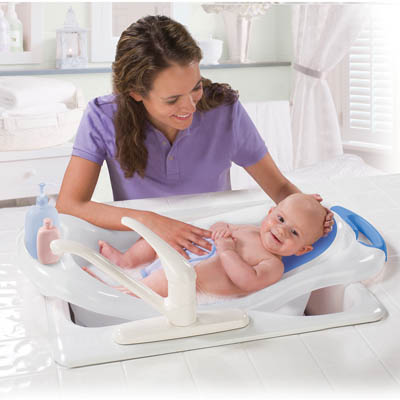Colic is an imprecise term used to describe the frustrating condition characterised by extreme periods of crying in an otherwise well-fed healthy infant.

Despite many years of research, we still do not understand what causes colic. The most widely held view is that colic is due to trapped wind causing pain in the infant’s tummy. Colic commonly starts at about 1 month of age, particularly in the evenings and night times. This is a transient phenomenon which the infant outgrows by about 4 months of age.
Classical symptoms include prolonged periods of crying and fussiness with curled-up legs, clenched fists and tensed abdominal muscles. This may last a few minutes to as long as 3 to 4 hours regardless of the usual efforts at comforting. The crying can then stop just as suddenly as it started.
5 Tips that may help to soothe a colic infant include:
- Keeping baby in gentle rhythmic rocking motion, e.g. gentle rocking in arms or in a sling, taking him/her out in a pram or car for a ride. Don’t worry about spoiling your baby by holding him or her too much.
- ‘Burping’ baby or feeding in a more upright position may help to prevent the build-up of ‘wind’.
- Trying ‘anti-wind’ medications like Infacol, Rid-Wind drops or gripe water (Get on Shopee), to help reduce or disperse intestinal gas
- Gentle baby massage.
- Breastfeeding.
Usually, in the case of colic, the infant is otherwise healthy and well. The infant should be feeding well, passing normal stools and urine, and should not be running a temperature. Since the crying and fussiness can be severe, it is important to exclude other serious causes of inconsolable crying, such as infections, intestinal obstruction, injuries, particularly head injuries and post vaccinations.
Symptoms that may warrant a doctor’s consult include:
- Changes in baby’s eating, sleeping or behaviour
- Fever
- Vomiting or diarrhoea
- Tummy becoming distended or painful to touch
- Persistent irritability despite above measures
Caring for a baby with colic can be very stressful. Sometimes, you may not be to calm your baby’s crying. If your nerves get frayed, remember:
Never shake your baby. If you are feeling helpless and exhausted over your baby’s crying, hand your baby to another trusted adult. If you’re alone, put him or her down somewhere safe, such as in a crib. Check out RaaB™ Family Non toxic Baby Cot Baby Bed Rocker Baby Crib on Shopee.
Let someone else give you a break. It’s stressful to listen to your baby cry for long periods. It is OK to arrange for someone to help with the baby so that you can have a few moments to yourself.
Stay positive and remember colic is a transient phenomenon!
Dr Ian Ong, SBCC Baby & Child Clinic.
* * * * *
Like what you see here? Get parenting tips and stories straight to your inbox! Join our mailing list here.
Want to be heard 👂 and seen 👀 by over 100,000 parents in Singapore? We can help! Leave your contact here and we’ll be in touch.


























































Leave a Comment: